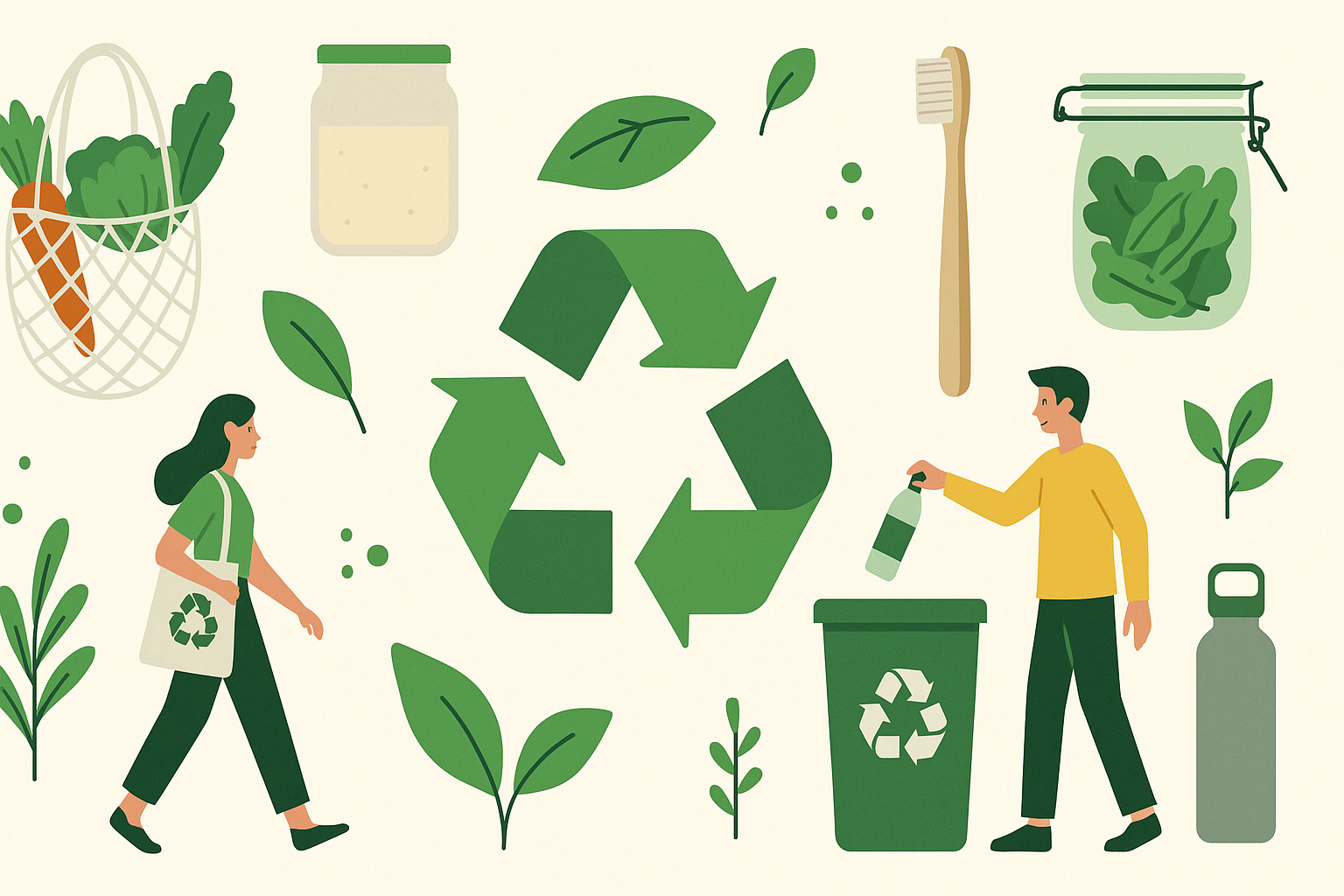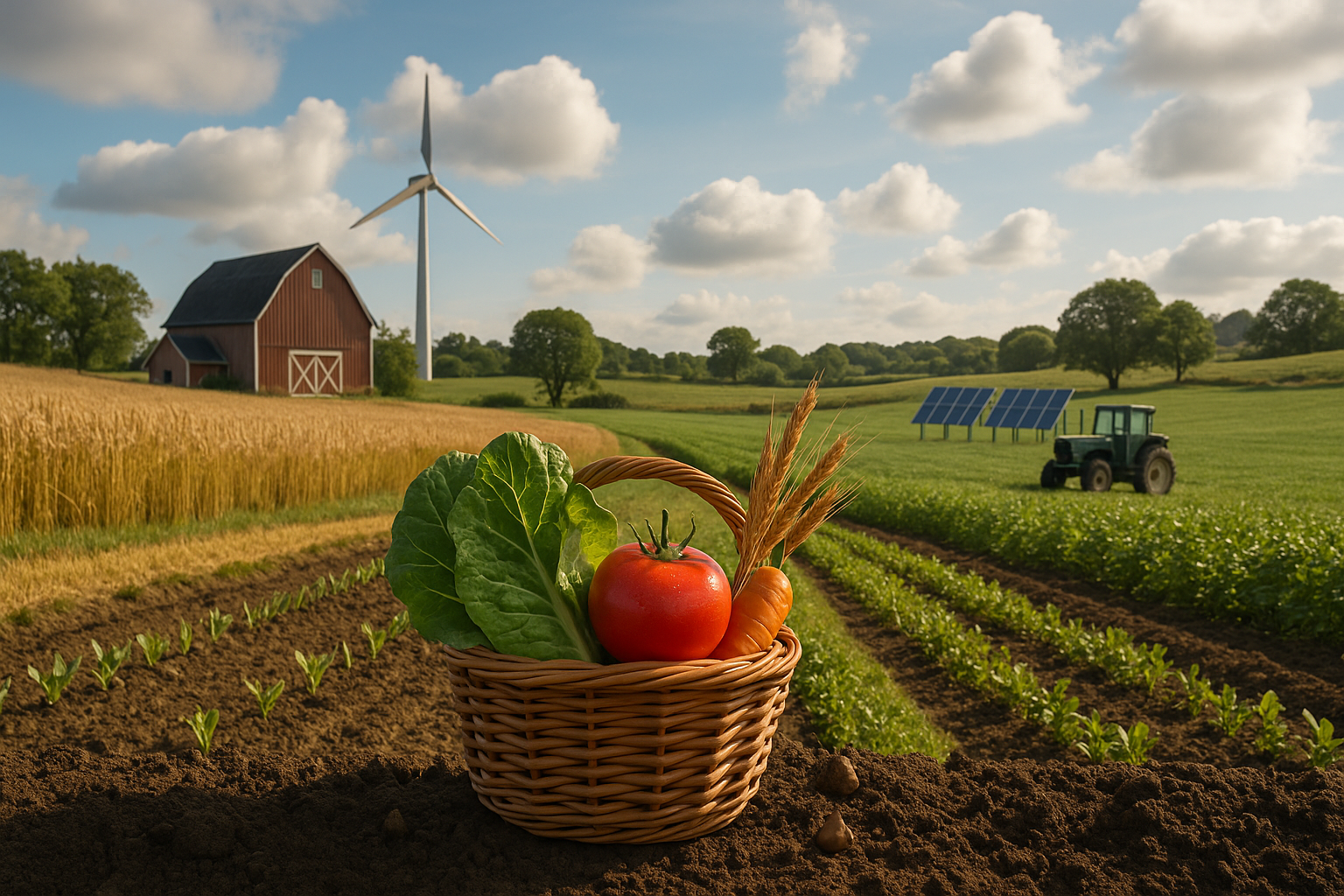From the lightbulb at home to the phone in your hand, energy surrounds us. But with use comes responsibility. Energy isn't infinite. The more we squander it, the more we harm our world. Energy saving does not just concern the payment of lower bills but securing a better future for ourselves and the generations to come.
This blog is a simple guide to understand why saving energy matters and how each of us can contribute in everyday life.
Why Saving Energy Matters?
1. Protects the Environment
We produce most of our electricity by burning fossil fuels such as coal and oil. This emits toxic gases such as carbon dioxide (CO₂), which causes global warming and climate change. The less energy we consume, the fewer fossil fuels we burn - cleaner air, less greenhouse gas emissions, and a better earth.
2. Lower Your Electricity Bill
One of the largest benefits of conserving energy is conserving money. Shutting off appliances when not in use, employing energy-efficient appliances, and converting to solar can save your electricity bill greatly.
3. Ensures a Sustainable Future
Conserving energy decreases the demand for new power plants and infrastructure. This means that our finite natural resources will last longer and provides time for scientists to create cleaner technologies.
Where We Use (and Waste) the Most Energy?
Energy is consumed everywhere - home, school, offices, roads, and industries. That's where we typically consume the most:
• Lighting and appliances (lights, fans, air conditioners, TVs)
• Transportation (cars, buses, trains)
• Heating and cooling systems
• Water consumption (heating and pumping)
• Electronic devices (charging phones, laptops, etc.)
We can make a significant difference by modifying habits in these categories.
Simple Tips to Conserve Energy at Home
1. Turn Off When Not in Use
This is the simplest and most neglected tip. Switch off lights, fans, ACs, and other devices when exiting a room.
2. Energy-Efficient Appliances
Purchase appliances with a better star rating (such as BEE star-rated appliances in India). These use less electricity and are longer-lasting.
3. LED Lighting
Swap inefficient old incandescent bulbs with LED lamps. They use up to 80undefined less power and have a longer lifespan.
4. Unplug Chargers and Devices
Even while idle, wall-wart chargers draw a little power (phantom load). Unplug them when not in use.
5. Utilize Natural Light and Fresh Air
Use curtains and windows during the day to minimize the necessity for artificial light and cooling.
Energy-Saving Tips for Everyday Living
In the Home:
• Iron clothes in large lots rather than in small lots.
• Wash washing machines and dishwashers with full loads.
• Set the temperature of the refrigerator properly (not too cold and not too warm).
• Use pressure cookers to cook faster.
• Plant trees around your house for shade and cooling.
At School or Office:
• Support carpooling or cycling to school/work.
• Bring awareness about switching off projectors, fans, and lights if not required.
• Use stairs over elevators whenever possible.
On the Road:
• Keep your vehicle well-maintained to enhance fuel efficiency.
• Switch off the engine at red lights if waiting is lengthy.
• Prefer public transport or shared rides over personal vehicles.
• Walk or cycle for short distances.
Switch to Renewable Energy
Wherever possible, switch to clean energy sources like:
• Solar panels: Many homes and schools in India are adopting rooftop solar panels. It reduces electricity bills and is eco-friendly.
• Solar water heaters: Use solar power to heat water instead of electric heaters.
• Biogas: In the countryside, biogas produced from cow dung and vegetable waste can be used instead of LPG or firewood for cooking.
These might be more expensive initially, but pay back money and energy over time.
Use Technology to Track and Save
There are numerous applications and gadgets available today that can track and help you save energy:
• Smart plugs: Plug and schedule devices using your mobile.
• Smartphone apps to track energy consumption: Some electricity boards offer real-time usage reports.
• Motion sensors and timers: Switch off lights or ACs after a certain period of time or when nobody is present in the room.
Community Action: Get the Word Out
Saving energy is not an individual activity. Get your family, neighbors, and school mates involved. Organize:
• Energy awareness drives
• No electricity hour at schools or societies
• Energy-efficient cooking or solar workshops
• Contests such as "Best Energy Saver of the Month"
Together, we can amplify our effects.
Reduce, Reuse, Recycle
The 3Rs are not only for waste disposal - they also save energy!
• Reduce: Only purchase what you require.
• Reuse: Don't discard items that can be fixed or re-used.
• Recycle: Recycling items such as paper, glass, and plastic take less energy compared to producing them from raw materials.
Quick Summary Pointers
• Switch off lighting, fans, and appliances when unused
• Use star-rated appliances and LED lighting
• Switch off chargers and prevent standby power
• Travel by public transport or carpool
• Switch to solar power if available
• Cook intelligently: pressure cookers, bulk cooking, pan lids on
• Monitor your energy consumption with intelligent tools
• Spread awareness and create energy awareness culture
Final Thoughts
Saving energy has nothing to do with sacrificing comfort. It's about being smart - smart choices that benefit your wallet, your home, and the world around you. Saving each unit of electricity is a step in the direction of a cleaner, greener future.
So, let's start today.
Because saving energy is not only a habit, it's a duty.
related Articles
Reduce Waste
Waste is currently one of the biggest environmental problems which we are faced with in today's world. Plastic packaging and wasted food, computer hardware and clothing are all products that keep mounting on our planet at a menacing pace. The World Bank informs us that over 2 billion tons of municipal solid waste are generated globally each year, and this is expected to double dramatically unless something is done about it.
Adopt Sustainable Food Systems
In today's fast-changing world, how we produce, transport, and consume food is no longer an individual option but something we have in common. With increasing climate change, natural resources are being depleted, and human beings are growing, so adopting sustainable food systems has become a crying need.
Say No to Single Use Plastic
Plastic is the paradox of our age: a substance so practical, yet so deadly. From bags and wrappers to bottles and knives, single-use plastics are meant for convenience but earmarked for catastrophe. They last us minutes, occasionally seconds, but on this planet for hundreds of centuries.
Save Water : Every Drop Counts
Water is life - as straightforward as it gets. Every living organism on this planet, from the smallest ant to the highest tree, requires water to live. And yet we take this wonderful resource for granted. The reality is, fresh water is depleting quicker than we realize. But there is good news: we can turn things around. One drop at a time.




